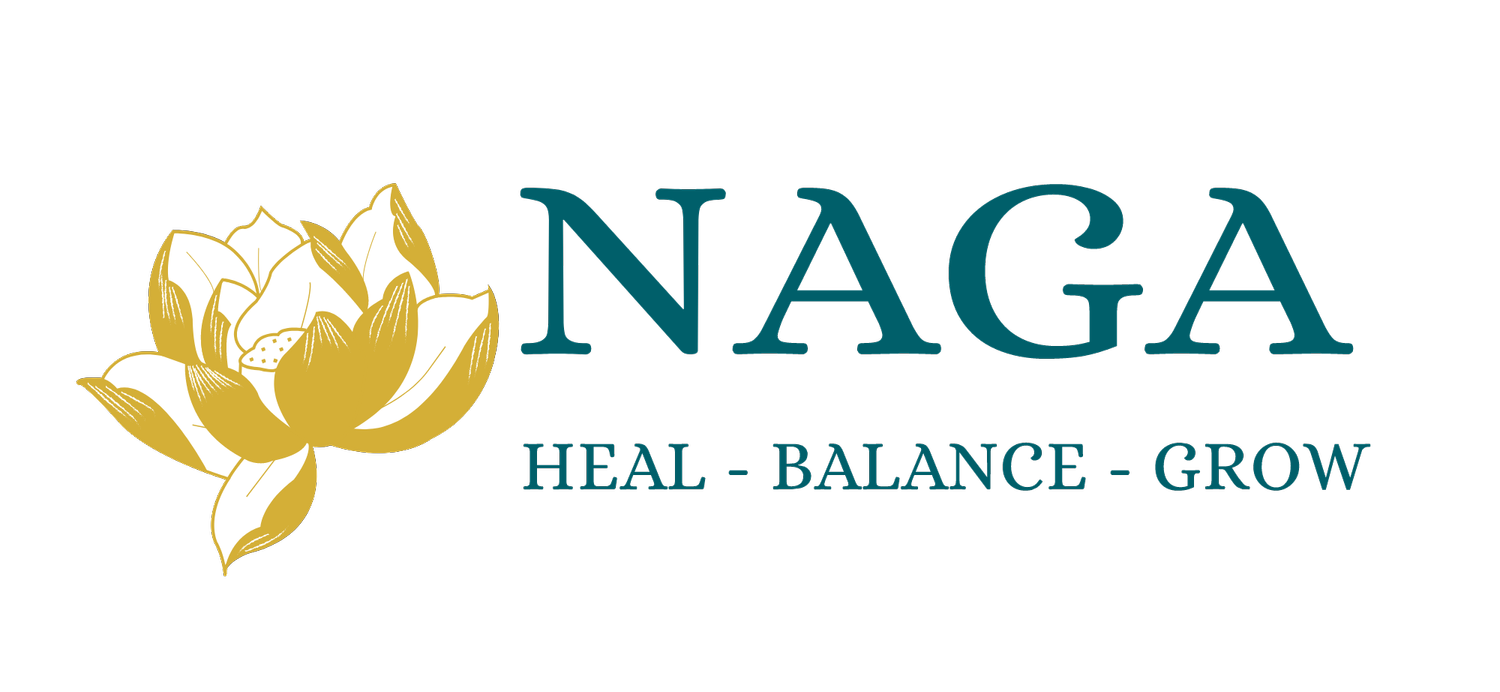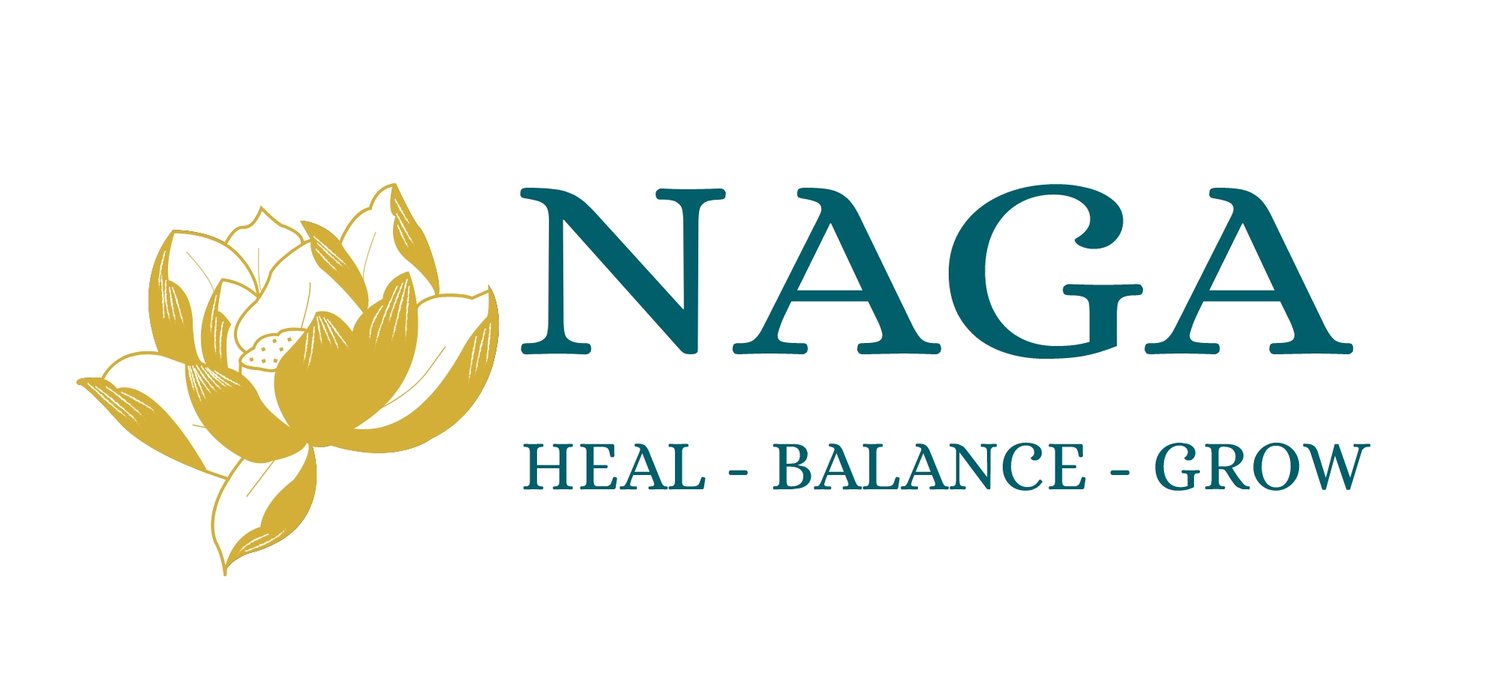Understanding the pathways of illness
{Nutrition part 1: “The reckenweg Perspective”}
Introduction
The human body is a marvel of complexity, a finely tuned system of interdependent processes that work together to maintain health and equilibrium. However, there are times when this delicate balance is disrupted, leading to illness. Dr. Heinrich Reckeweg, a notable figure in the field of naturopathy, proposed a perspective on how people get sick that focuses on the body's inherent capacity to heal and the interplay between various factors. This article delves into the Reckeweg perspective on illness and how it sheds light on the multifaceted pathways that lead to human affliction.
Holistic View of Health and Illness
Dr. Reckeweg's approach to understanding illness emphasizes a holistic view of the body and its environment. He believed that health is the result of a harmonious interplay between the body, mind, and external influences. Illness, on the other hand, occurs when this equilibrium is disrupted, giving rise to a range of symptoms.
The Six-Phase Table
One of Dr. Reckeweg's notable contributions is the "Six-Phase Table," which outlines the progression of illness through six distinct phases. Each phase represents a different level of the body's response to stressors, toxins, or imbalances. These phases reflect the body's attempt to adapt and heal. If the body's self-regulatory mechanisms are overwhelmed, the illness progresses through these phases:
1. Excretion Phase: In this initial phase, the body attempts to eliminate toxins and waste through the skin, mucous membranes, and other excretory organs. Symptoms may manifest as fever, sweating, or congestion.
2. Reaction Phase: As the body's efforts intensify, symptoms become more pronounced. This phase involves inflammation, increased circulation, and a heightened immune response.
3. Deposition Phase: If the illness continues, the body may deposit waste products and toxins in specific tissues, leading to the development of chronic conditions or localized symptoms.
4. Impregnation Phase: Chronic conditions worsen as toxins accumulate in tissues and organs, impairing their function and leading to further health challenges.
5. Degeneration Phase: This phase marks a decline in the body's ability to heal itself. Cellular damage increases and organ function deteriorates, resulting in a cascade of symptoms.
6. Differentiation Phase: At this point, the illness has reached an advanced stage. The body's self-regulation becomes severely compromised, and the symptoms become more complex and diverse.
The physical implication
Our being consists of cells; our building blocks. A cell, in biology, is the basic membrane-bound unit that contains the fundamental molecules of life and of which all living things are composed. A single cell is often a complete organism in itself, such as a bacterium or yeast. Other cells acquire specialized functions as they mature. These cells cooperate with other specialized cells and become the building blocks of large multicellular organisms, such as humans and other animals.
Our cells are nested in a transparent bag of fluid. You may compare it to a goldfish in his bowl of water. The first 3 phases of the illness happen when the toxins or imbalances have entered the plasma membrane of the cell. The final 3 phases occur when they enter the cell itself.
Applying the Reckeweg Perspective
Dr. Reckeweg's approach encourages a deeper understanding of illness beyond surface-level symptoms. By identifying the phase at which an illness resides, healthcare practitioners can tailor treatment strategies that support the body's innate healing mechanisms. This perspective promotes the use of holistic therapies to restore balance and aid recovery.
But Grandpa smoked and drank every day and died at the age of 102
Of course, your body is built to get rid of toxins and other 'cell polluters', because it is impossible to shield your being from them all the time. But we all have our limits and it is important to get to know our being so that we are able to recognize the signs, both from our body and our mind. As our surrounding is getting more and more polluted (water, food, air, minds, change from physical to mental work), the way we treat our bodies becomes even more important. because I want to eat my pastry on Sundays, so I simply ensure to keep my being healthy so that it can cope with the sugar and saturated fat in my pastry.
When Grandpa was young, he did not face pollution levels as we do now, people ate less meat, almost no processed food, and grew their own 'organic' veggies. That is the reason Grandpa's being could cope with the daily cigar and cognac.
Conclusion
The Reckeweg perspective on illness offers a comprehensive framework for understanding how people get sick, encompassing various factors that influence the body's response to stressors and imbalances. By recognizing the body's inherent capacity to heal and progress through different phases, we gain insight into the complex interplay between symptoms, underlying causes, and the healing process. This holistic viewpoint reminds us of the importance of nurturing our well-being through balanced living and personalized care that supports the body's natural healing mechanisms.

